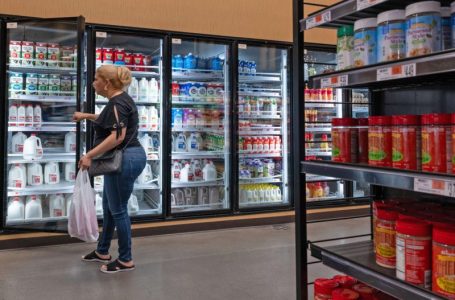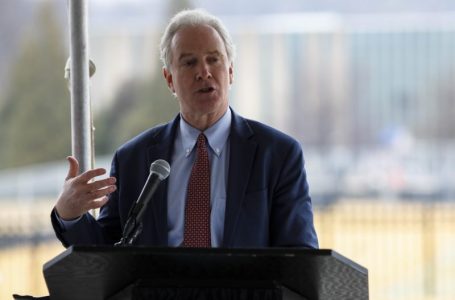A bullet — or bullet fragment — hit Trump during assassination attempt, FBI says
After the Gauteng debut of the country’s first hydrogen-powered bus this past June, the three more hydrogen fuelled buses are now up and running.
The three hydrogen-powered buses went on the road on 22 August, and are plying the roads in and around Tshwane.
While yet to be considered as a viable mass transport solution, the buses’ roll-out aims to encourage conversation about the potential of hydrogen fuel.
‘It is an important step towards a greener future for us all’
According to Eric Nkiruka, the general manger for hydrogen activities in South Africa, the system encourages a new level of energy sustainability – to not only reduce emissions, it also aims to install in the public a mindset shift towards the use of more reliable and sustainable energy sources.
“Continually reduce emissions”
Nkiruka adds that the buses, of which two are standard 12-metre buses and one is a nine-metre bus, are powered by a hydrogen fuel cell propulsion system for local public transportation.
The fuel cell provides electricity through the combination of hydrogen and oxygen, and in the process, water is produced, resulting in zero emissions.
The buses are equipped with 600kg hydrogen tanks, and have enough hydrogen to travel roughly 200km.
“This is an important step towards a greener future for us all”, he says.
The project is a government collaboration
The Hydrogen Demonstrator Project is the result of a collaboration among the Department of Science and Technology (DST), the Technology Innovation Agency, the CSIR, Hydrogen South Africa (HySA), and Hydrogen Mobility South Africa (HyMSA).
Following the roll-out of the buses, the parties involved aim to build on the platform established by the probable success of the initial four buses by rolling out the other two hydrogen-powered fuel cell buses.
The DST put up the funding for the buses – R35 million – which is the largest single capital investment by the department.
The buses can be used for a variety of other applications
While the three buses will operate out of the Tshwane metro for the next two years, they are also set to be used for other applications.
They include being used for a public shuttle system, for short-range passenger and freight transport, and for power back-up in remote areas of the province.
The success of the buses also points to what the potential scaling of hydrogen-fuelled transport could mean in the future, including the fact that it will considerably reduce emissions in South Africa.
Read more: The first locally produced hydrogen-powered car in SA is here!
Featured image: Pixabay












